A selection of our investments
We continued to invest in our focus markets through utilizing FMO's own capital, public programs and mobilized funds. Through these investments, we contribute towards the SDGs.
Fin’ELLE/COFINA Group
Microfinance Institution in Ivory Coast
US$5 mln debt | MASSIF | SDG 5, 8, 10
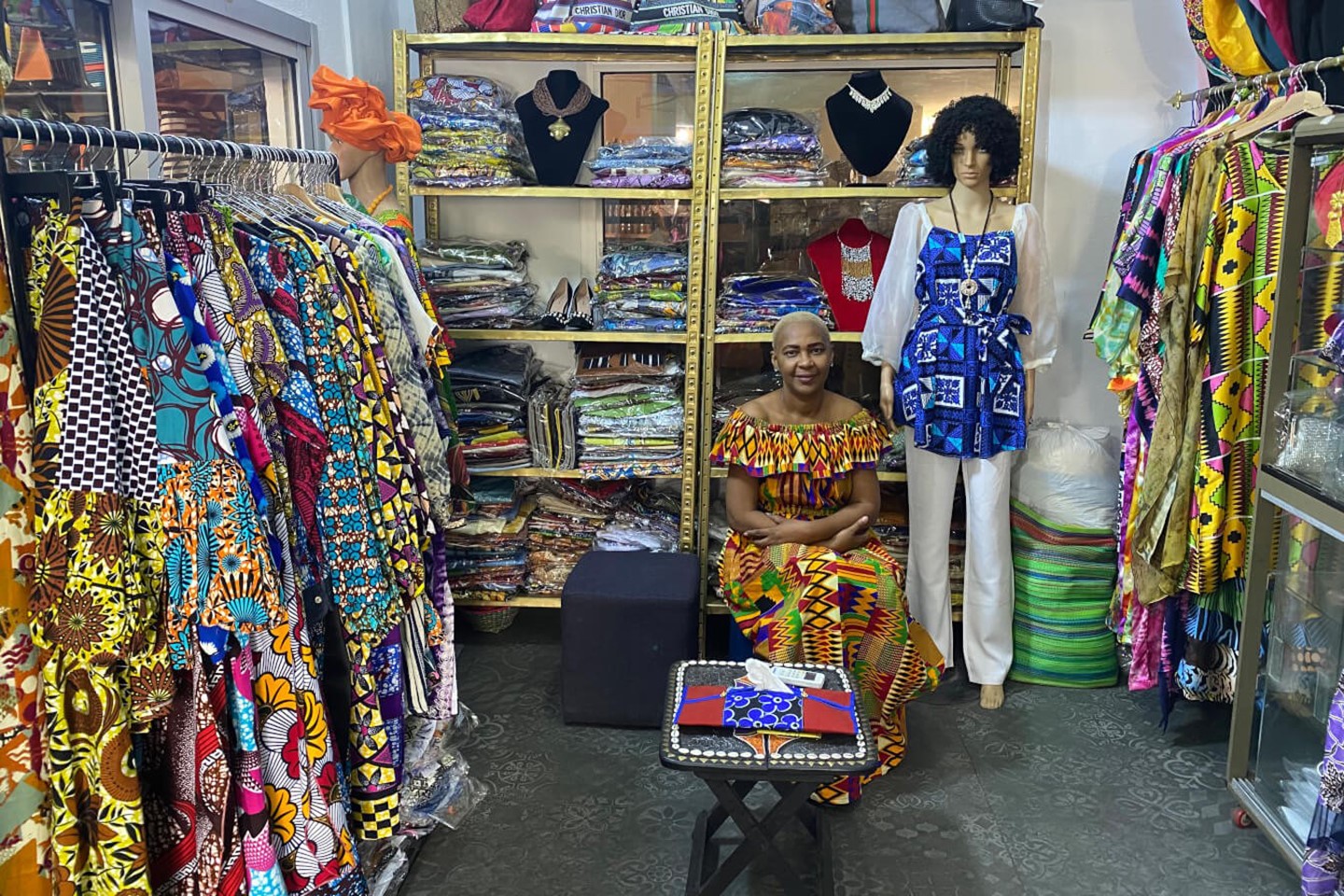
More than 70% of women across the continent of Africa face barriers limiting their access to finance, and Côte d'Ivoire is no exception. Fin’Elle (a subsidiary of the COFINA Group) is a meso-financier dedicated to empowering women entrepreneurs through adapted and accessible financial and non-financial services. The meso-finance sphere is of particular significance for SMEs who qualify neither for micro finance, nor for larger-scale products and services. These include savings products and credit and capacity building programs with the aim of fostering inclusive finance for women.
FMO provided a loan of €5 million to help strengthen Fin’Elle’s position in the meso-finance sphere. This will allow Fin’Elle to continue providing access to finance to women entrepreneurs, combined with the Capacity Development program FMO offers together with technical partner LadyAgri aimed at women active in the cassava value chain.
&Green
Sustainable agricultural investment fund
US$58 mln debt | FMO, Building Prospects, DFCD, MFF | SDG 8, 13
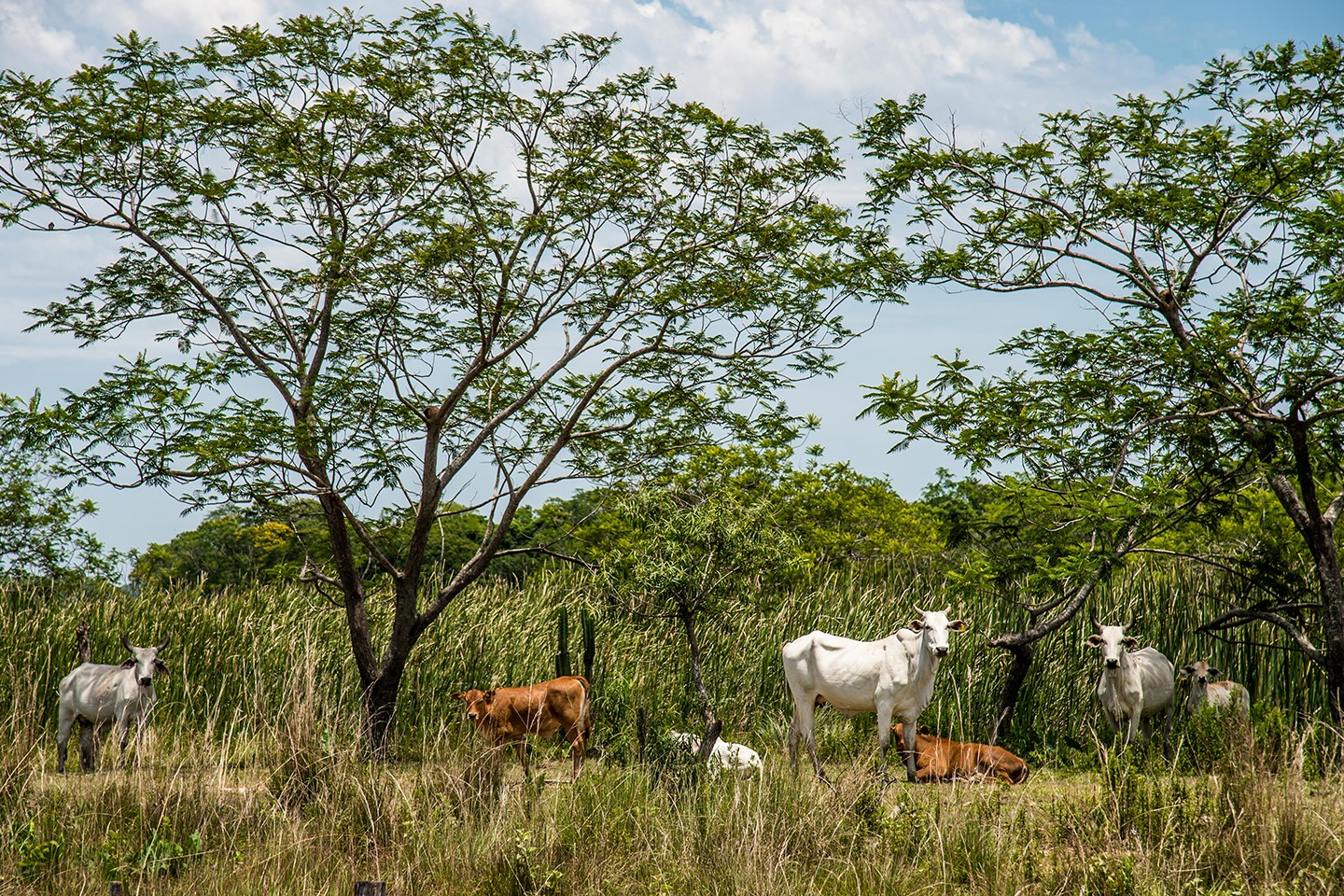
&Green invests in commercial projects in agricultural production value chains to protect and restore tropical forests and peatlands. The aim is to make agriculture more sustainable and inclusive – involving local communities, producers, financiers, supply chain companies, local and national governments, and civil society. In early 2021 &Green received a US$25 million Senior Debt Facility (US$10 million from Building Prospects, US$5 million from DFCD and US$10 million from FMO-A) followed by the first investment from the Mobilising Finance for Forests (MFF) Fund – a blended finance investment program established by the UK government and mandated to FMO. The transaction strengthens FMO’s commitment to combat environmentally degrading land use practices and increase the value of standing forests. The MFF investment provides risk capital through a US$32 million investment facility and a US$2 million development capital facility. Starting in Brazil, Colombia, Indonesia, Ecuador, Peru, Gabon, Liberia, and the Congo Basin, &Green aims to show that forms of restorative agriculture, forestry and land use can help combat deforestation sustainably.
Green Growth Equity Fund
Climate-focused impact fund in India
US$30 mln equity | FMO | SDG 7, 8, 13
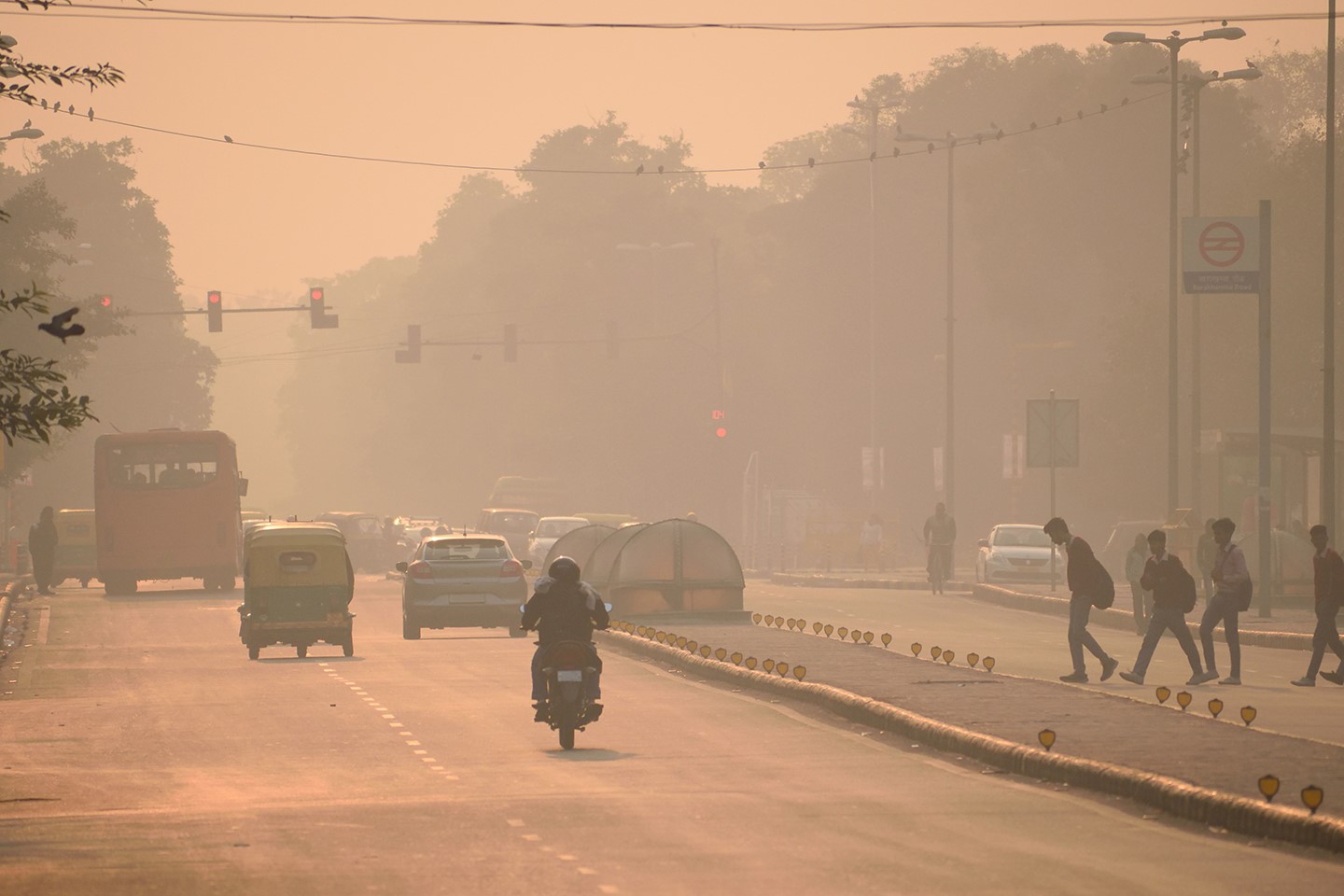
India faces major climate change challenges ranging from extreme weather events to resource scarcity. With a big role to play in reducing global GHG emissions, India has outlined ambitious climate and SDG objectives, which FMO is committed to supporting. In 2021, FMO committed US$30 million from its own balance sheet and catalyzed an additional US$83 million from the Green Climate Fund as part of a second collaboration into India’s Green Growth Equity Fund. This is the largest approval by the GCF to a single country equity fund for a private sector climate mitigation program and will accelerate investments in digitally empowered, rapidly scalable, climate positive businesses and platforms in the energy, e-mobility, resource conservation, and waste water management value chains.
Hamkorbank
Private bank in Uzbekistan
Up to US$100 mln debt | FMO | SDG 8, 10 13
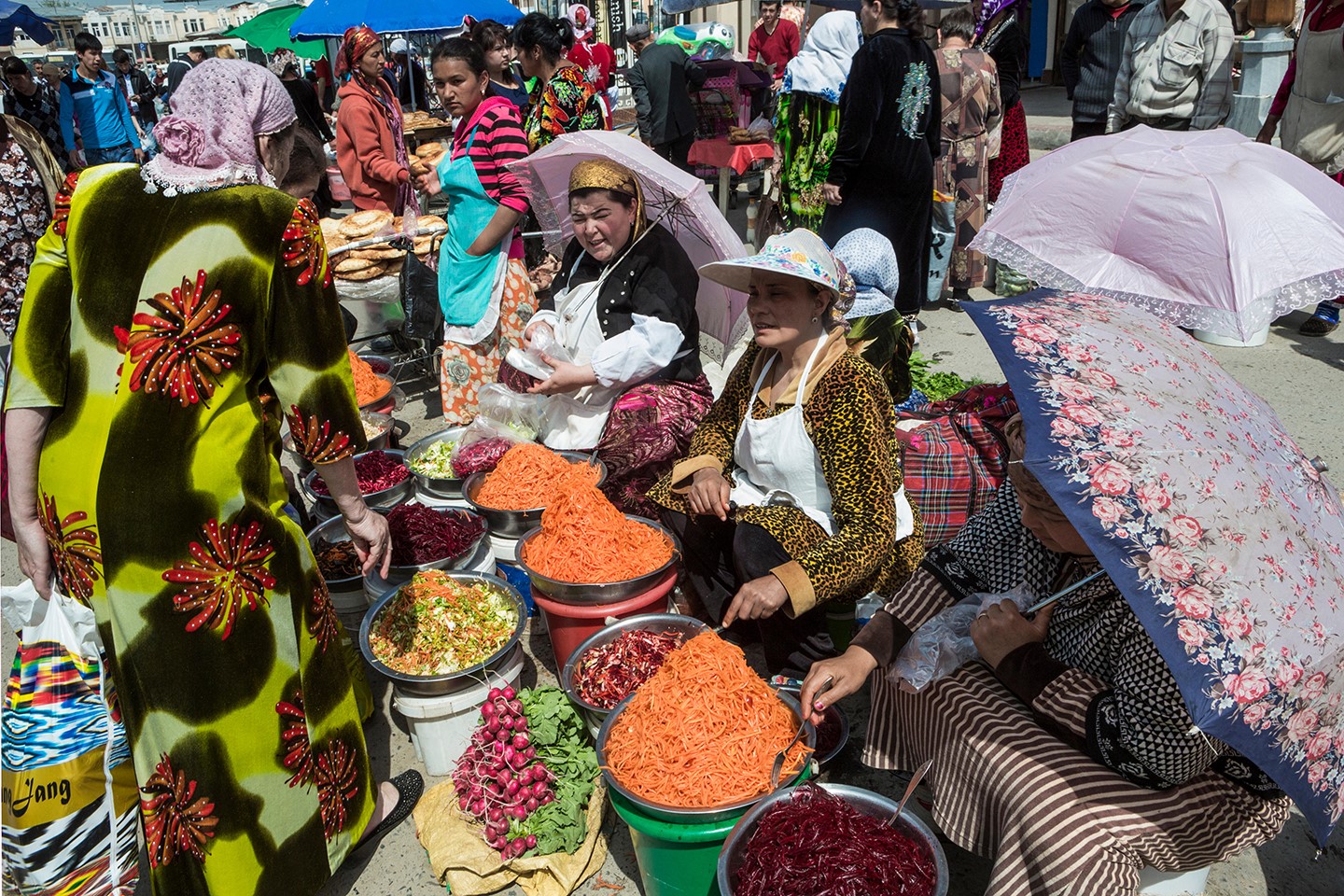
JSCB Hamkorbank (HB) is Uzbekistan’s largest privately-owned bank and 9th-largest bank, with a strong focus on MSME and retail sector, and approximately 3% of the country’s market share. As a long-term customer of FMO since 2012, HB has received both financial support and technical assistance throughout the years. FMO and HB signed a new high-impact loan agreement for US$100 million, of which US$50 million as uncommitted facility. The committed facility is provided in local currency for 80% and will be split 50-50 between financing eligible Reducing Inequalities and Green projects, while also providing increased access to finance for women, young, and agricultural entrepreneurs.
Energy Access Relief Fund
COVID-19 impact-focused fund
US$5 mln debt | Access to Energy | SDG 7
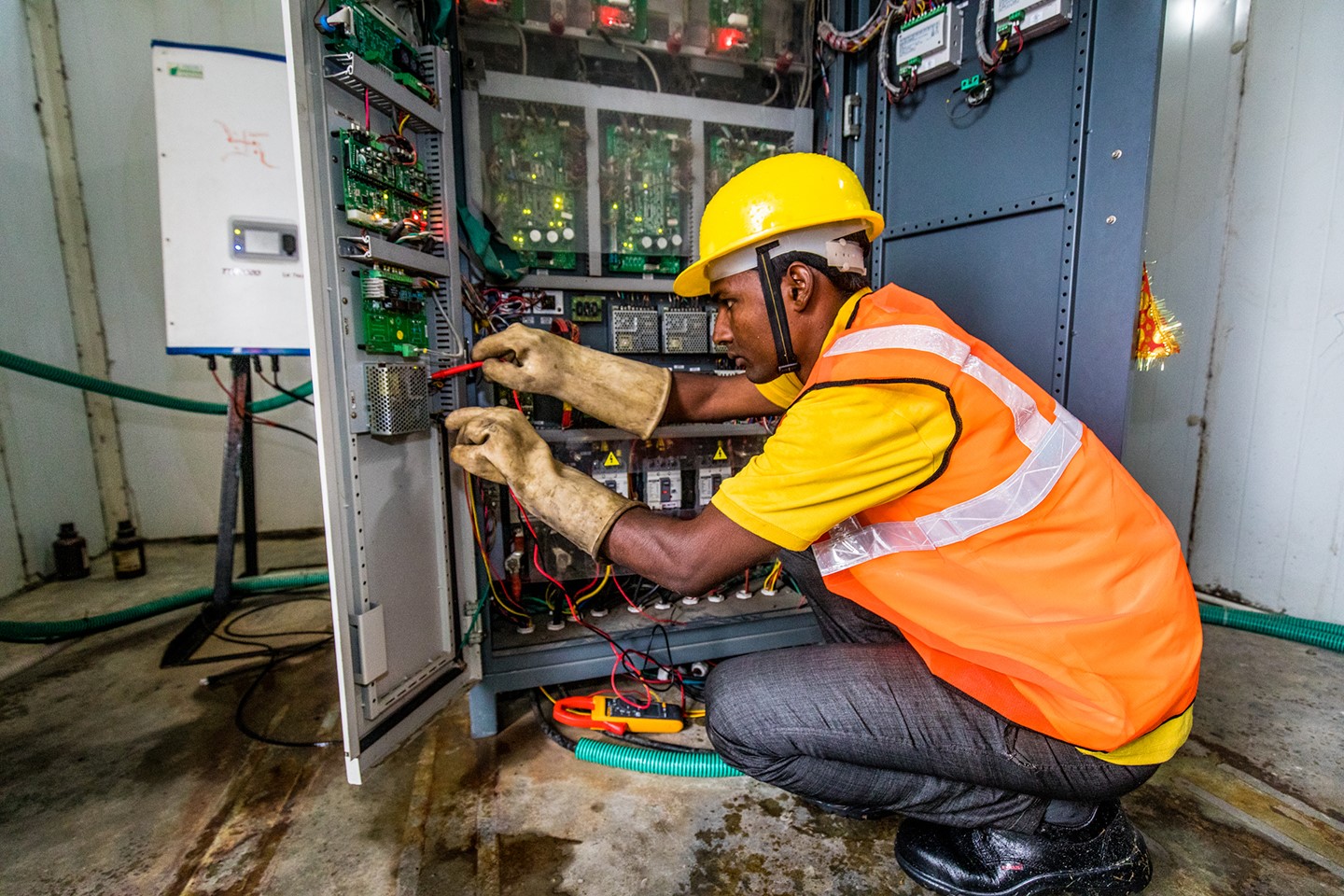
The lack of access to energy and finance continues to affect businesses and those at the Bottom of the Pyramid across Sub-Saharan Africa and Asia. Issues such as malfunctioning supply chains, rising costs of solar components, and COVID-19, have severely affected the energy access sector, which has provided 470 million people with energy while avoiding 74 million tons of GHG emissions. To start building back the renewable energy transition, FMO invested US$5 million in the first close at US$68 million of the Energy Access Relief Fund (EARF), a debt fund providing COVID-19 relief funding to Access to Energy companies. Managed by Social Investment Managers and Advisors (SIMA), the fund will provide short-term loans to approximately 90 companies, thereby extending access to energy to an estimated 800 million people without living without power.
Agrofértil S.A.
Agricultural inputs provider in Paraguay
US$15 mln debt | FMO | SDG 2, 8
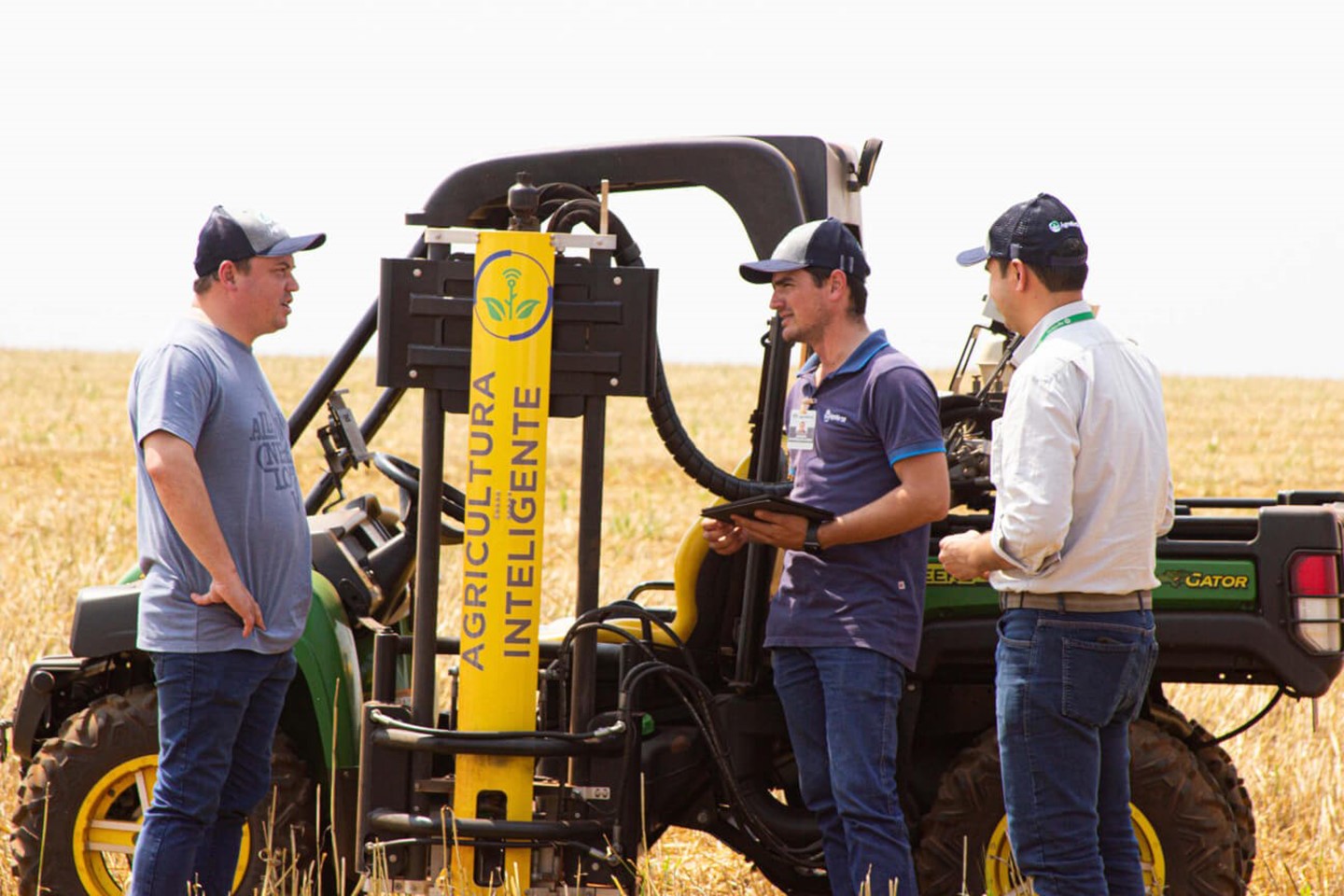
Agribusiness plays a critical role in the economy of Paraguay. As the sixth largest producer and fourth largest exporter of soybeans, it contributes to around 23% of the country’s GDP. Agrofértil is the leading agricultural and agronomic service and product provider in the country. They also offer a comprehensive set of services for over 2,100 farmers. This includes technical assistance, pre-harvest finance, storage, and more, which lead to increased farmers’ productivity and profitability. FMO committed an additional US$15 million to its longstanding customer to expand Agrofértil’s capacity in providing pre-harvest financing, directly contributing to the agriculture sector’s continued development. Additionally, FMO supported Agrofertil’s development of a management system and procedure to evaluate and reject producers contributing to deforestation through conversion of natural and critical habitats.
SUSI Asia Energy Transition Fund
Clean energy transition-focused fund
US$20 mln equity | FMO | SDG 8, 13
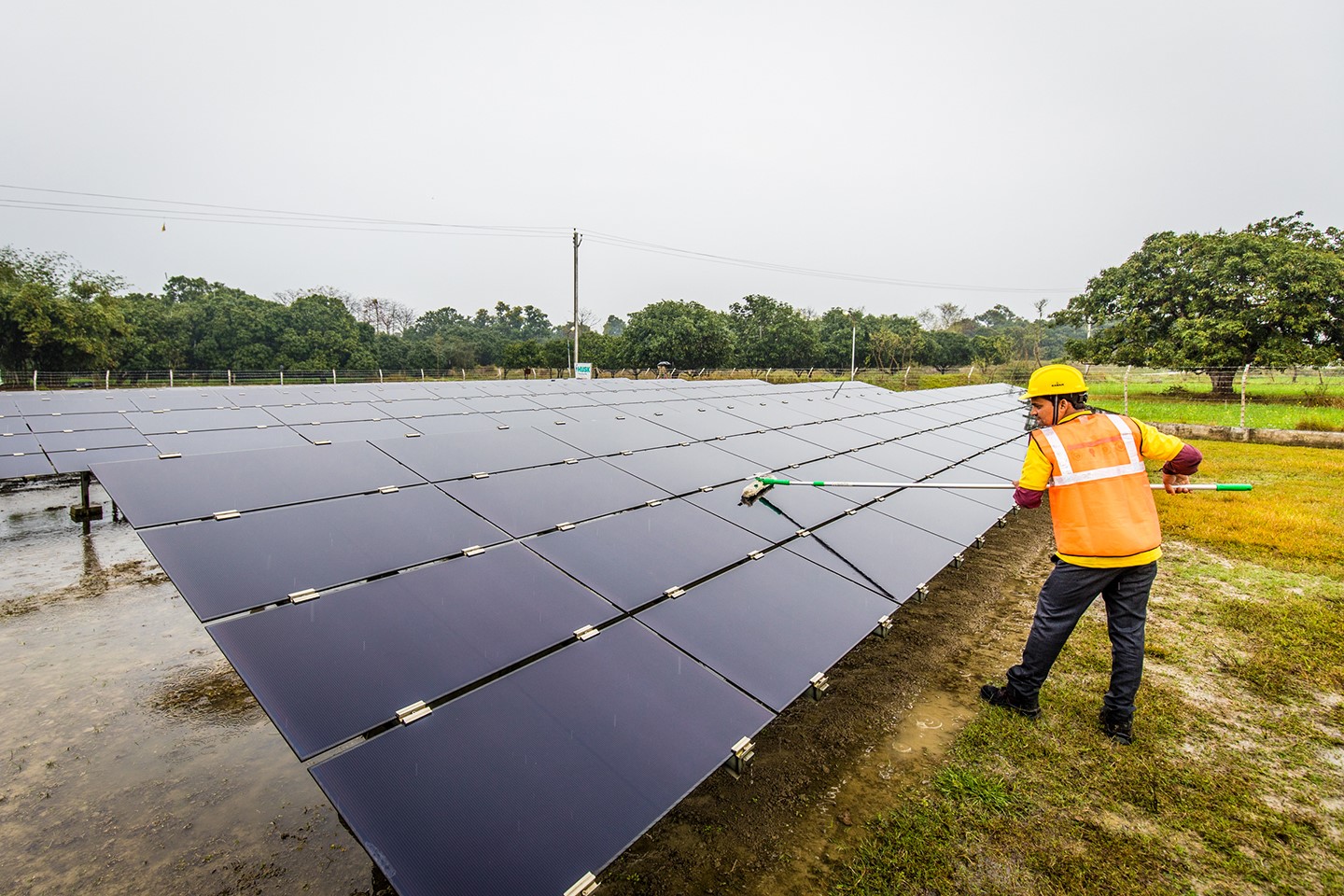
Southeast Asia requires substantial investment into both new renewable energy generation and energy- efficient technologies to meet its climate and development goals. FMO supports ambitious first movers in the energy transition space while addressing the market need for energy transition infrastructure in Southeast Asia at a time when investment has decreased due to the economic shock of COVID-19. By investing US$20 million in SUSI Asia Energy Transition Fund (SAETF) as part of the fund’s US$80 million first closing, FMO is contributing to the growth of a private equity fund dedicated to microgrids, commercial and industrial energy solutions, storage and utility.
HSA Yemen
Family-owned food conglomerate in Yemen
US$20 mln debt | FMO | SDG 2, 8, 10
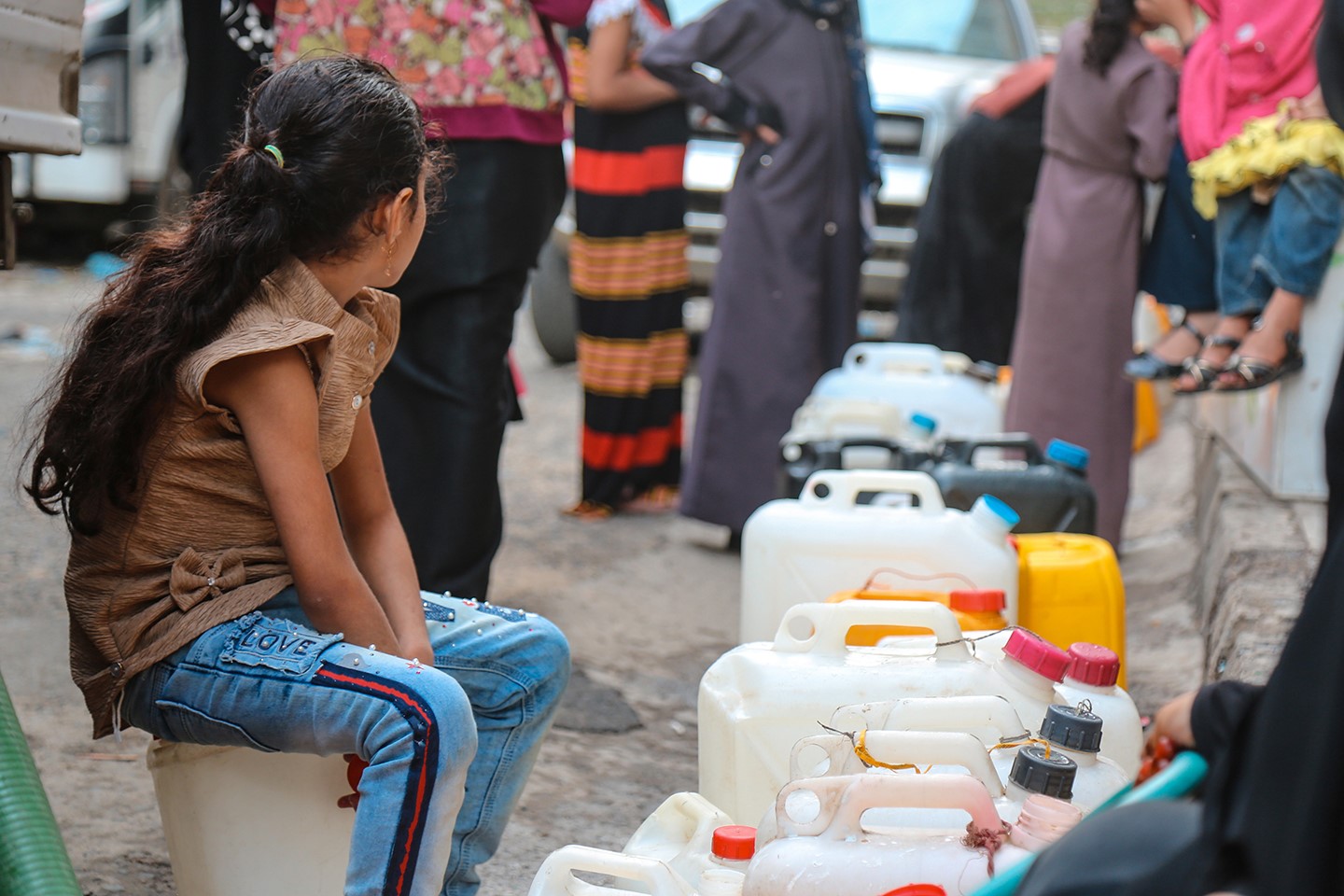
Since 2015, Yemen - the poorest country in the Middle East and North African region - has been on the brink of famine and is embroiled in one of the planet’s most harrowing humanitarian crises. Roughly 16.2 million Yemenis (around half of the population) are food insecure, around 4 million Yemenis have been displaced by conflict, and the country suffers from one of the highest child malnutrition rates in the world. Hayel Saeed Anam Group, a family-owned conglomerate in Yemen, is one of the largest Middle Eastern multinational businesses, supplying essential goods to Yemeni communities.
Together with IFC, FMO announced a partnership through the form of a financing package mobilizing up to US$75 million, with FMO contributing up to US$20 million. The financing would be used as working capital for the HSA’s six food companies in the dairy, flour, and sugar sector, boosting Yemen’s agribusiness sector’s resilience and bolstering the country’s overall food security.
Sartawi
Microfinance institution in Bolivia
US$6 mln debt | DFCD | SDG 8, 10, 13
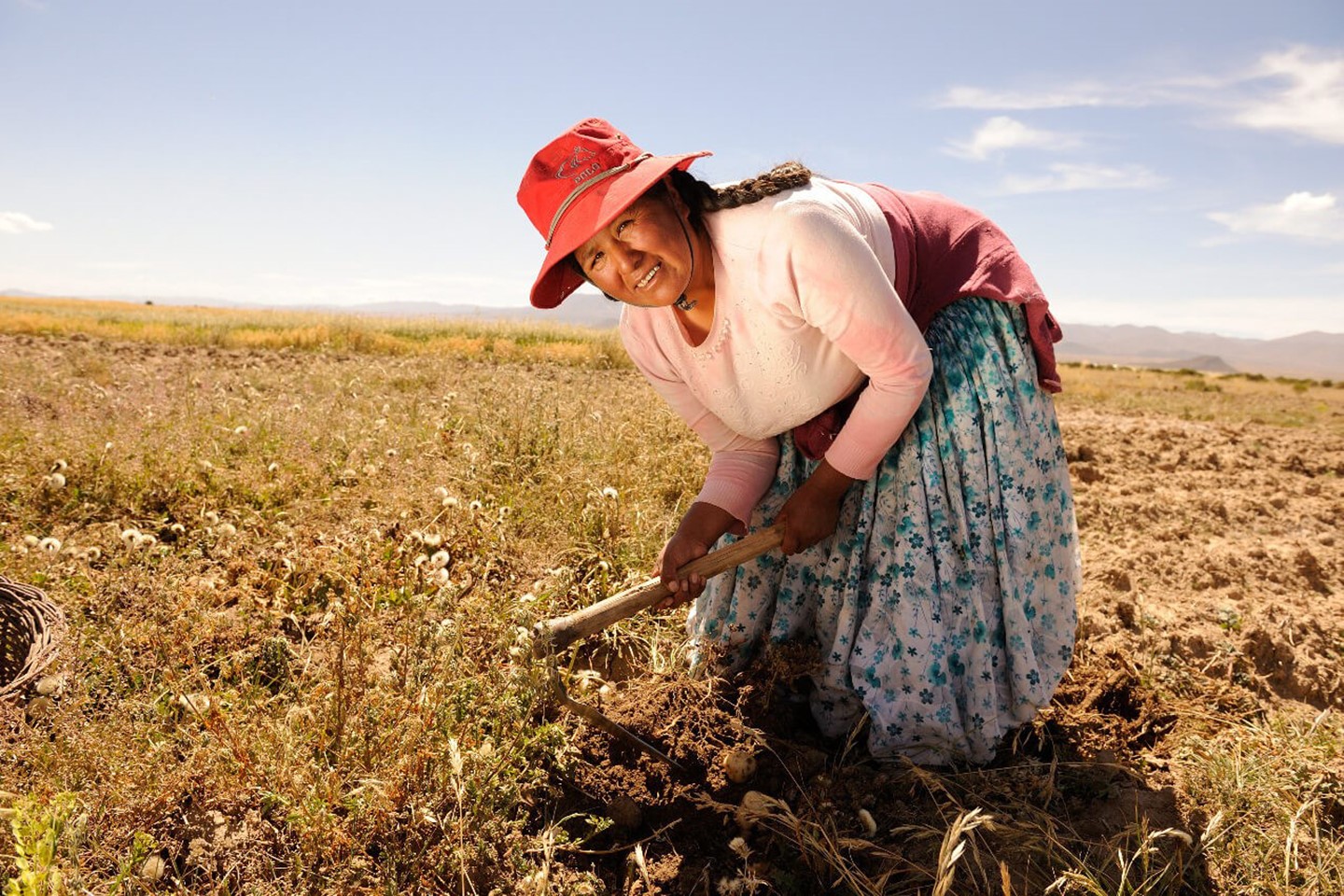
According to the World Bank, approximately 35% of Bolivians live below the national poverty line. In 2021, FMO supported Bolivian microfinance institution Sembrar Sartawi (Sartawi) with a US$6 million facility, following an initial investment in 2013, to be fully funded from the Dutch Fund for Climate and Development (DFCD). This new investment contributes to climate-resilient economic growth by supporting vulnerable smallholder famers, expanding on Sartawi’s triangle model: microloans, technical assistance, and market access. This model makes a difference for the 30,000 clients supported by Sartawi, more than half of who are women.
Collaborative for Frontier Finance
Supporting impact-focused aspiring fund managers
€0.3 mln grant | FMO's Venture Program | SDG 5
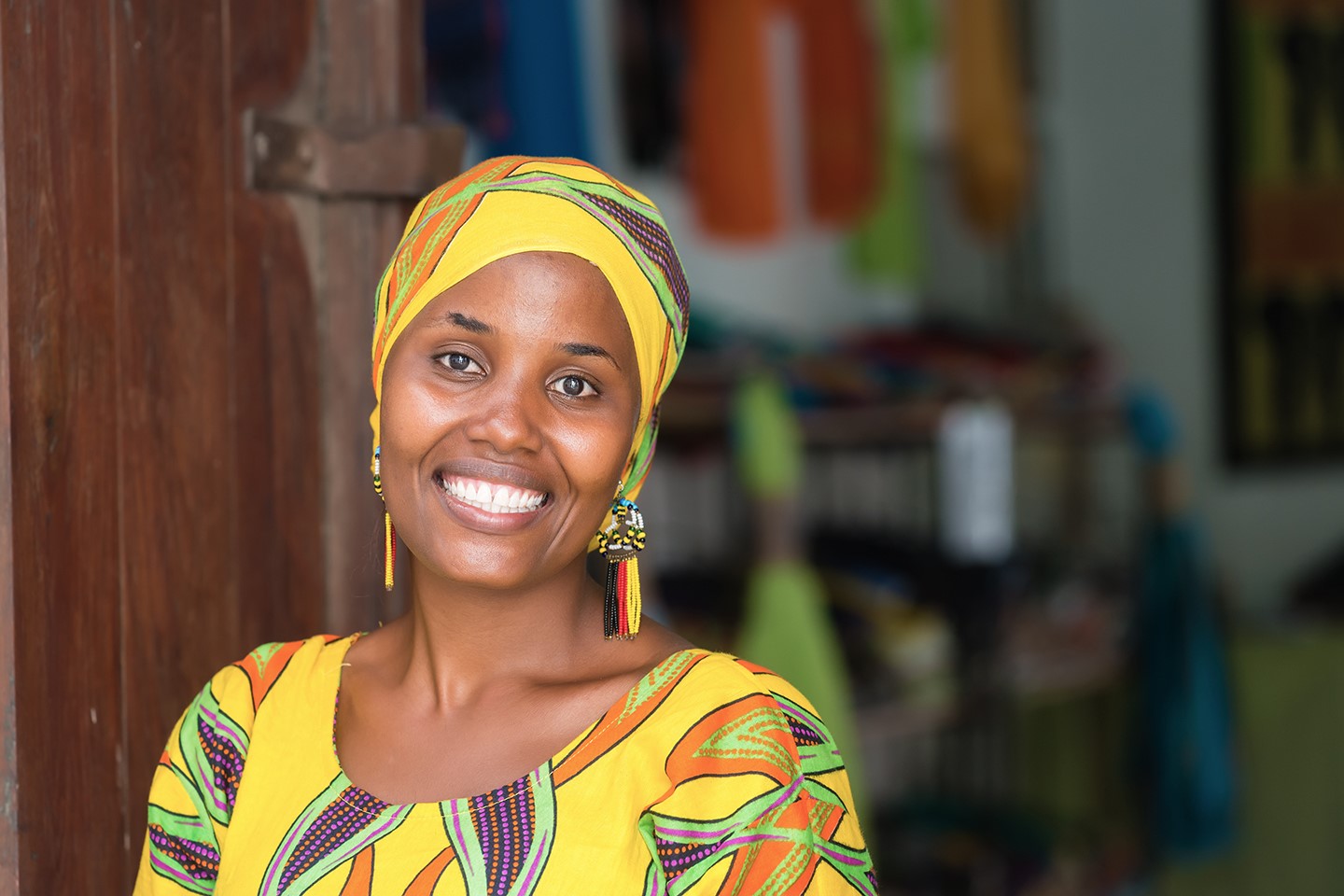
The Venture Capital ecosystem across Africa and other frontier markets is in need for more portfolio and fund managers with a deep understanding of the needs of scaling businesses to deliver community impact. Collaborative for Frontier Finance (CFF) leads impact-oriented stakeholders addressing the gap of access to capital in the growing African business ecosystem, strengthening their overall capacity and increasing the funds available. FMO partnered with CFF to recruit, train, and support more women and underserved capital allocators, focusing on Ghana, Morocco, and Tanzania. The 15-month program will help promote local and early-stage VC systems, for example by providing opportunities to access institutional funding, having support for capital provision in early-stage business, and developing overall capacity through various tools and trainings.